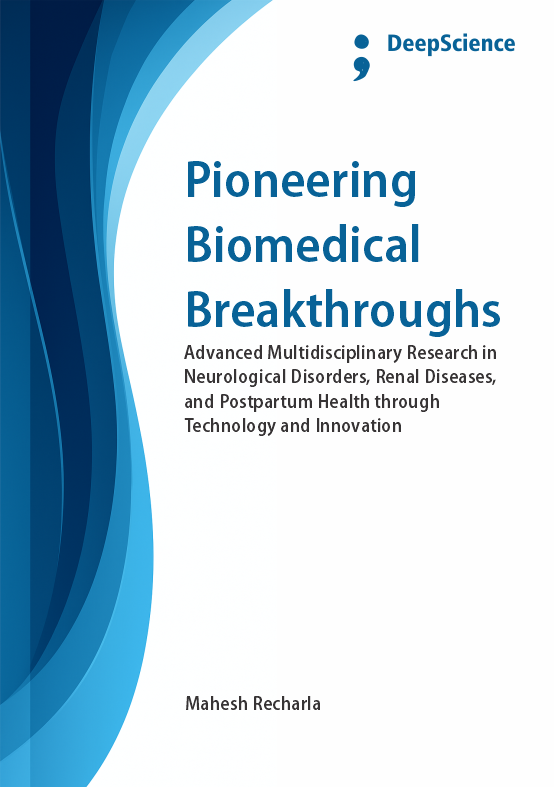Addressing postpartum depression through hormonal, psychological, and pharmaceutical lenses
Synopsis
Postpartum depression (PPD) is a severe but under-recognized disorder that affects about 10-30% of postpartum females, depending on their specific risk factors. Research about PPD has pointed toward various hormonal, psychological, and pharmaceutical models as explanations for its occurrence. Typically associated with mothers, recent evidence suggests that PPD is also likely to occur in fathers or other caregivers. For caretaking purposes, PPD could hinder a new mother's capacity to care for herself and meet her child's needs adequately, thus directly affecting her own and the child's livelihoods. Besides possibly compromising family health status, this disorder can be a heavy burden on the healthcare system – with negative consequences that further extend to the social and economic environments













